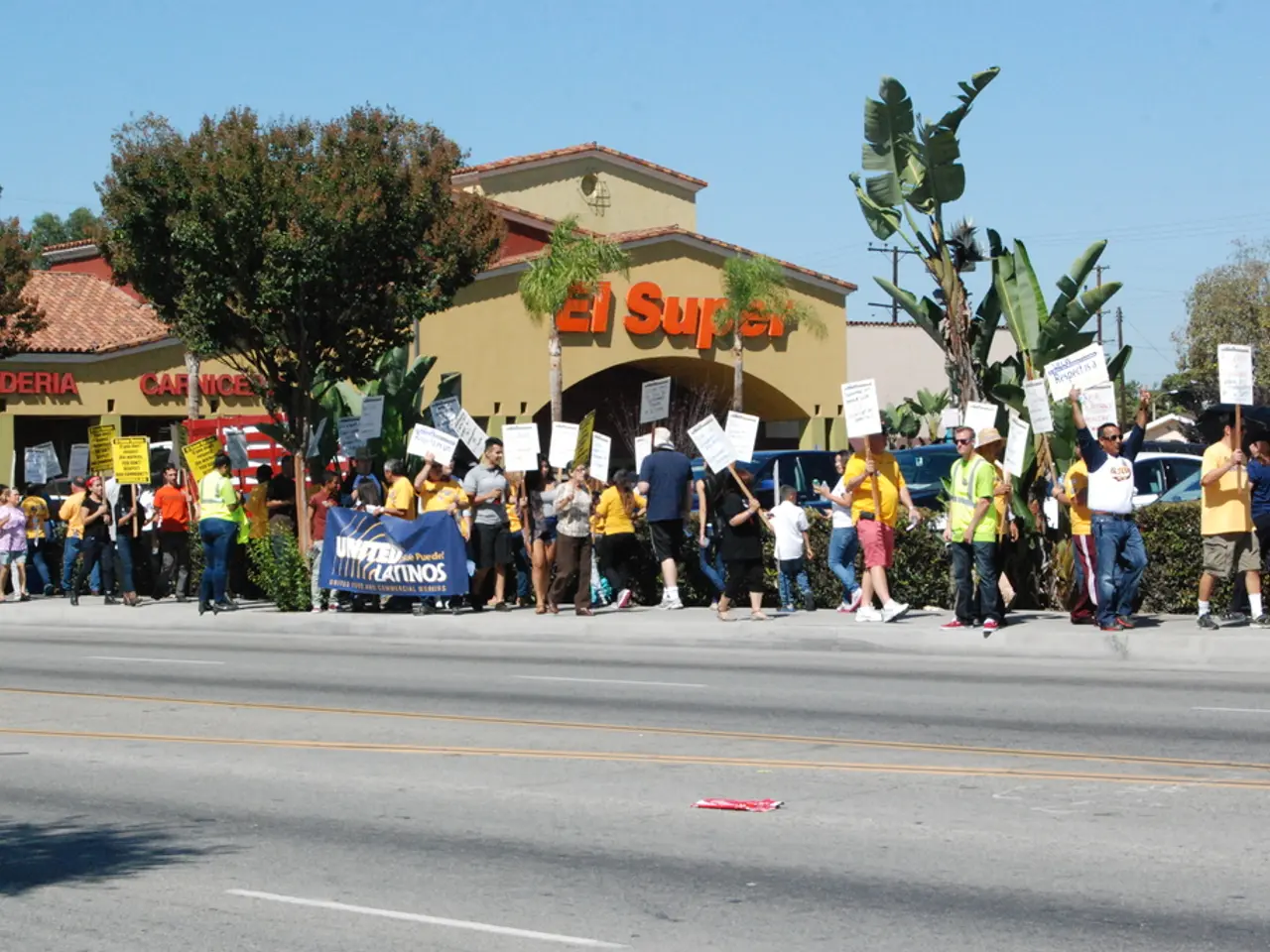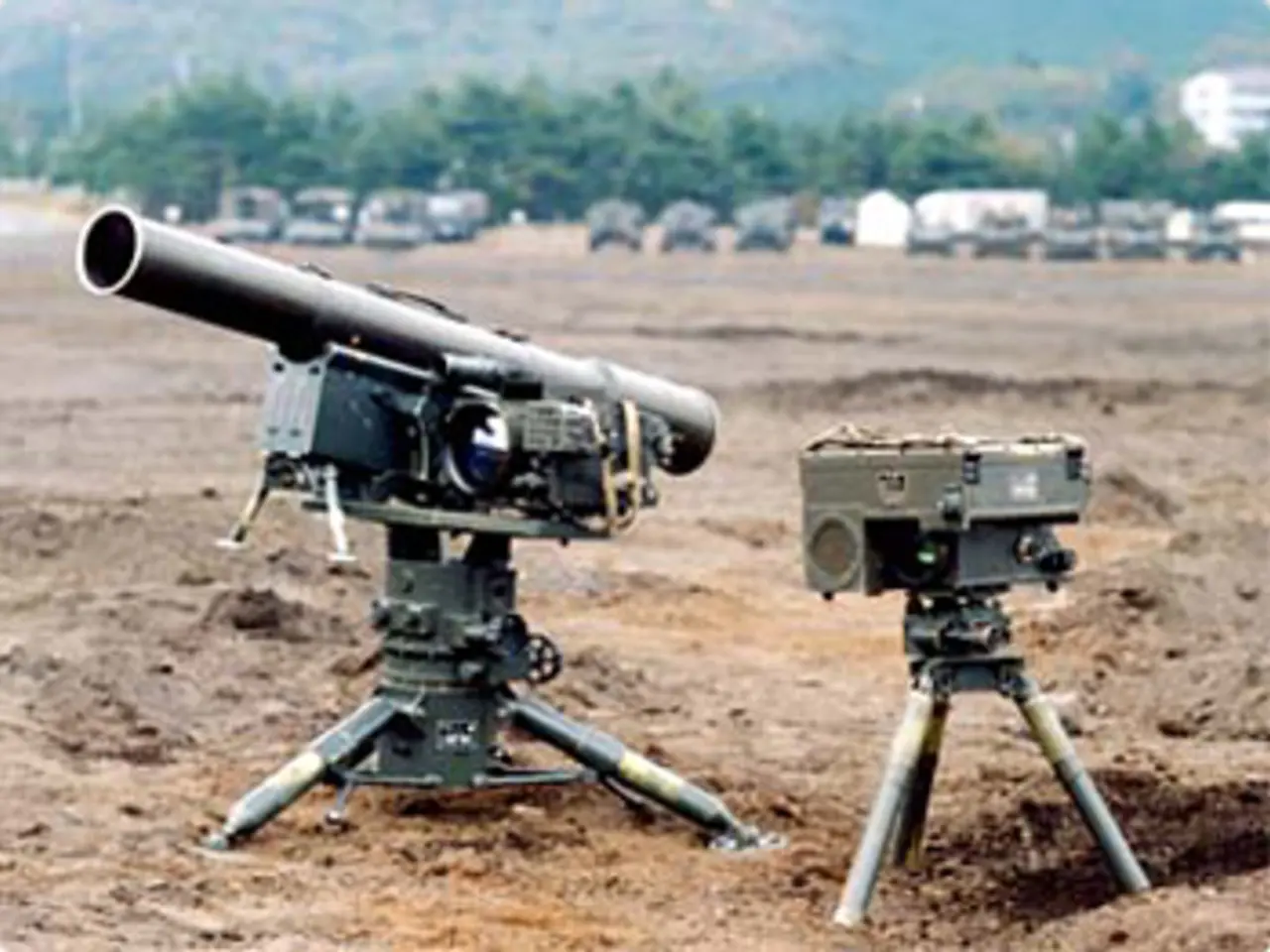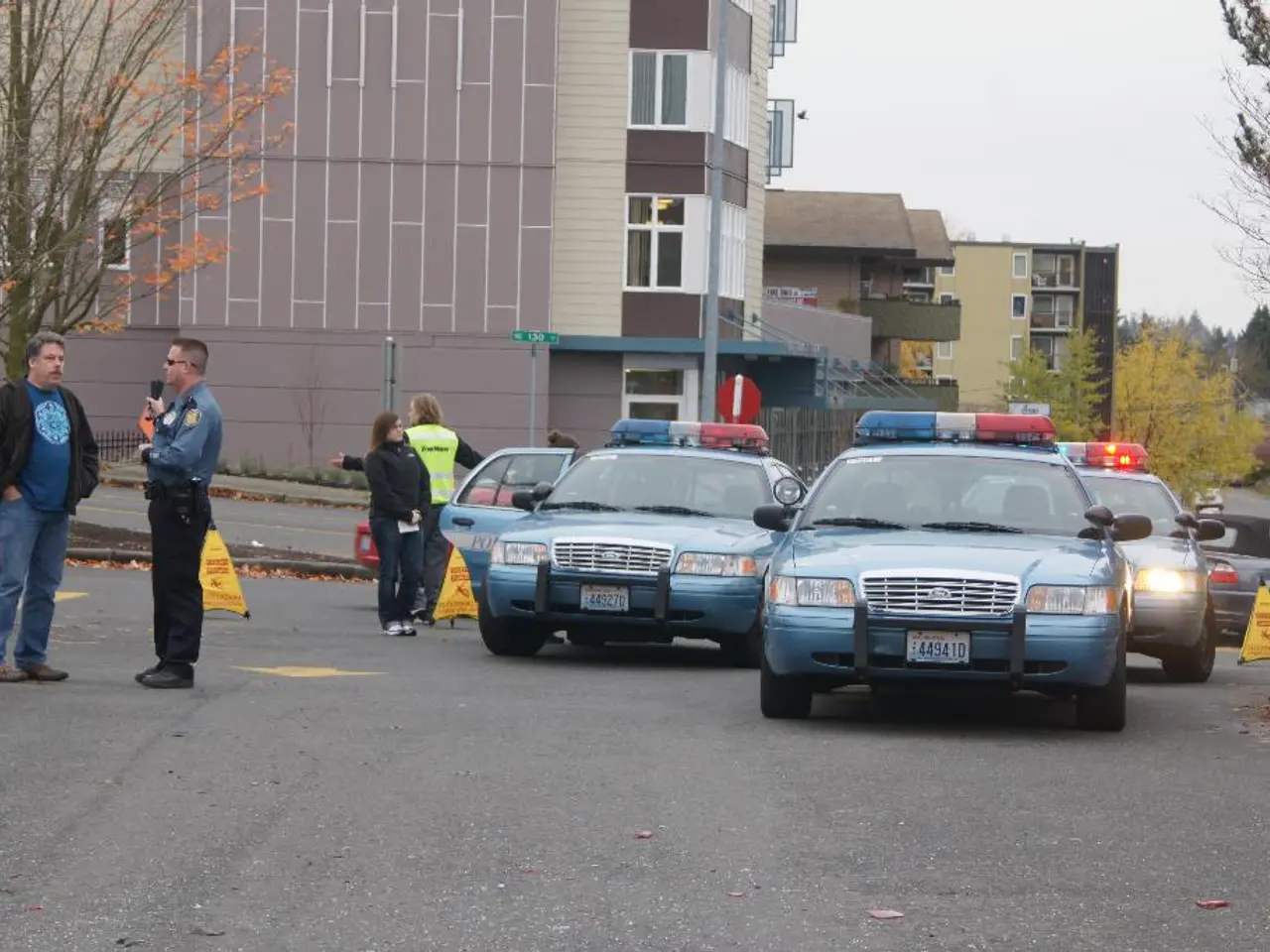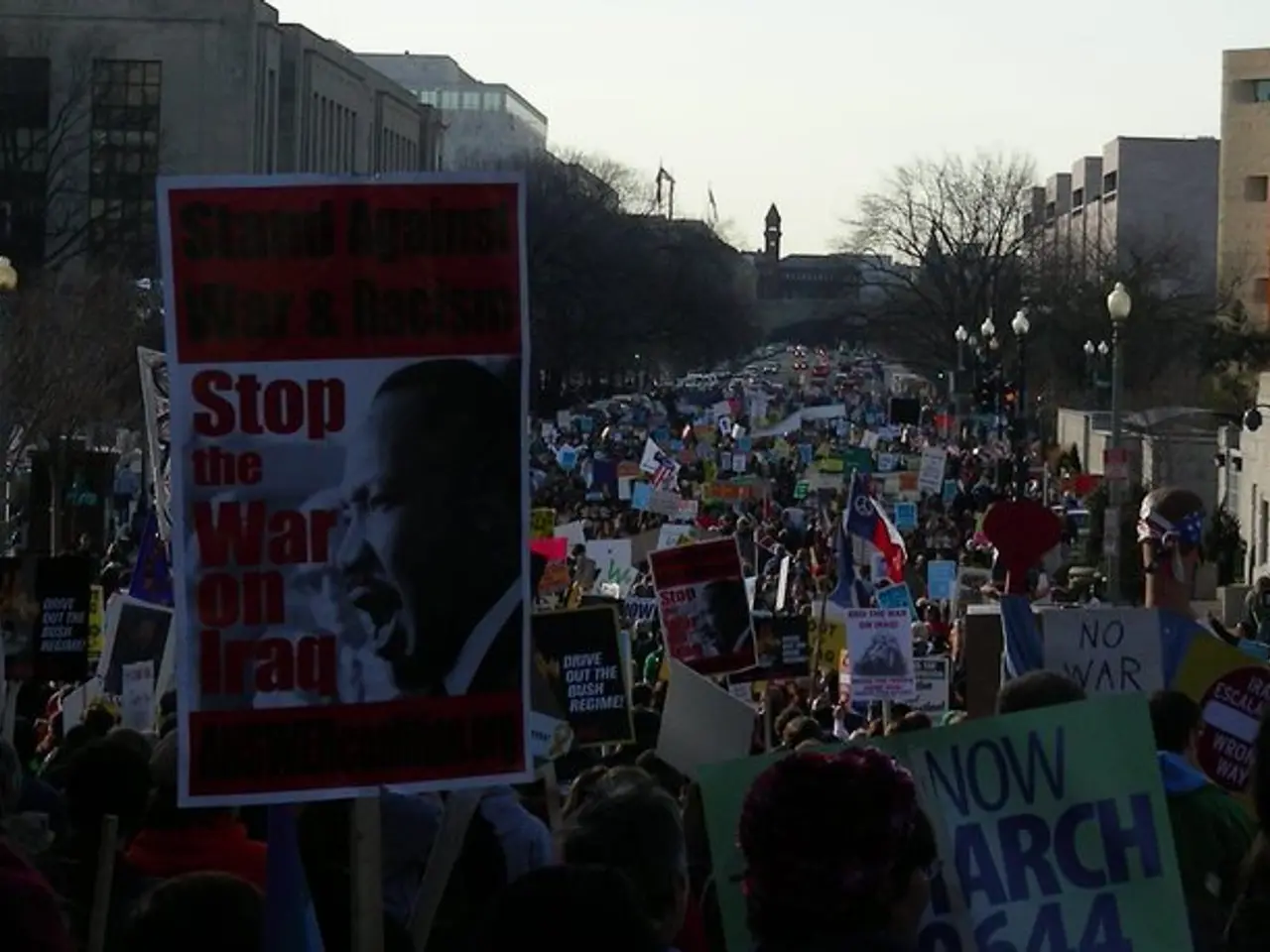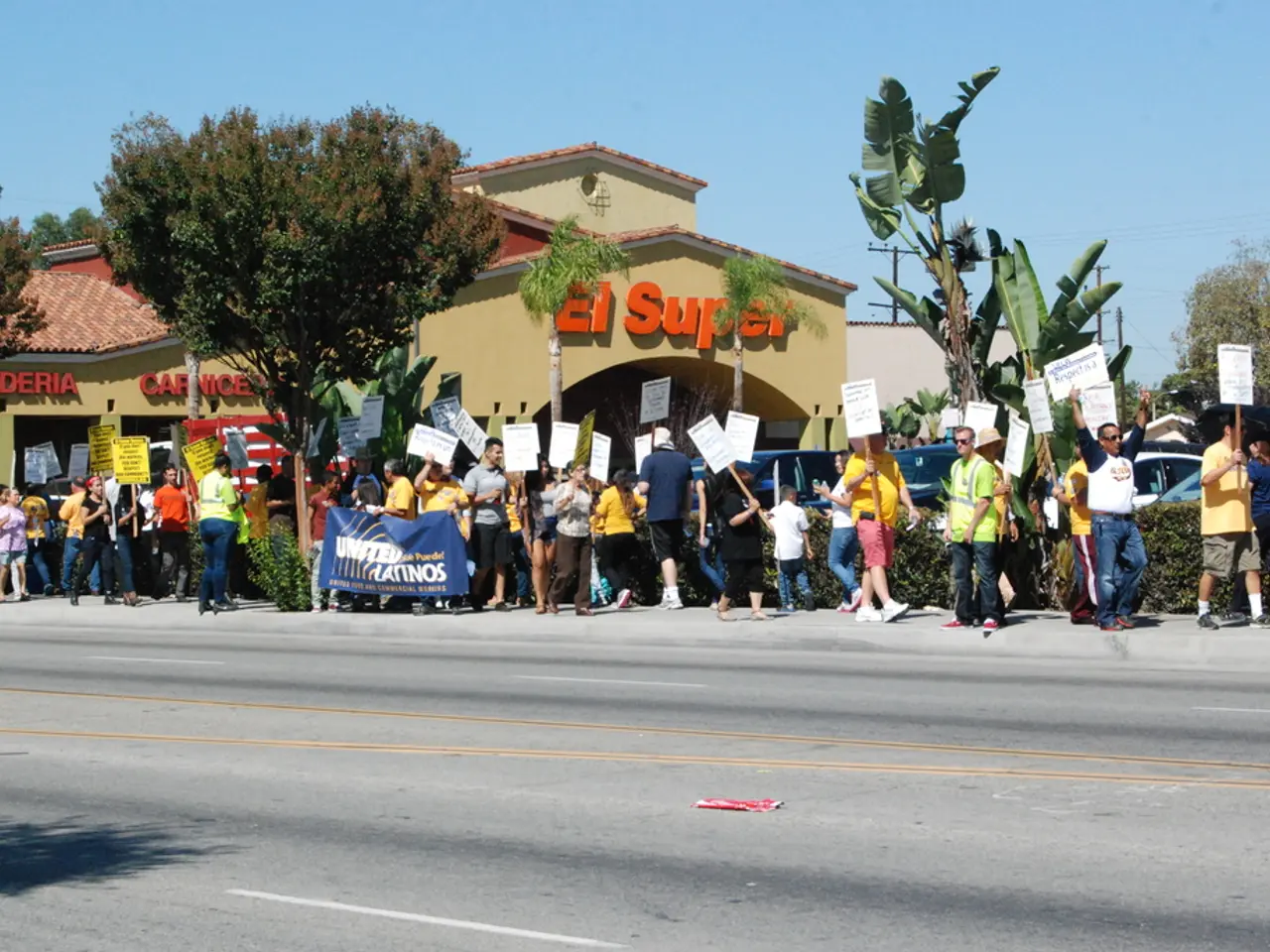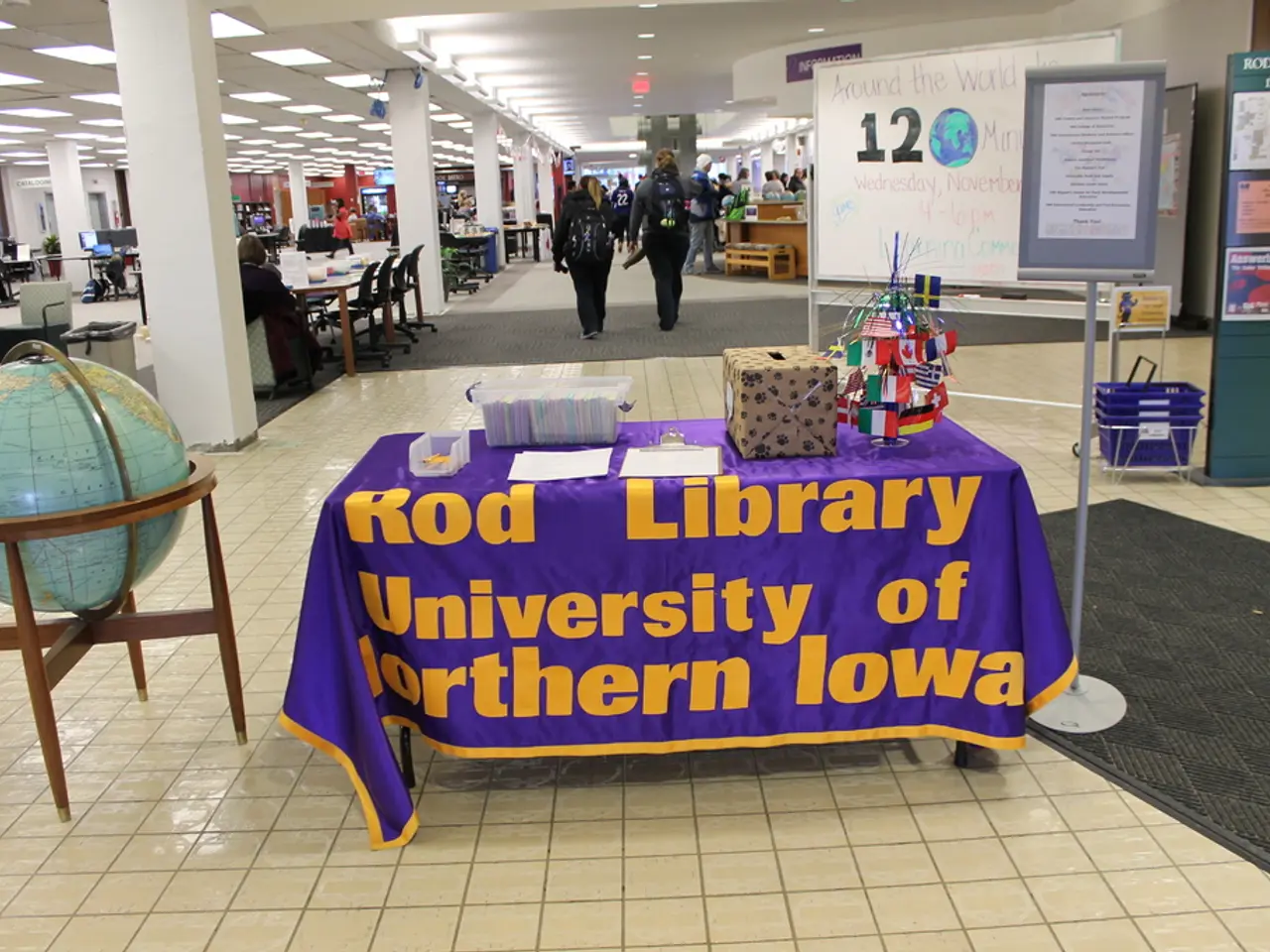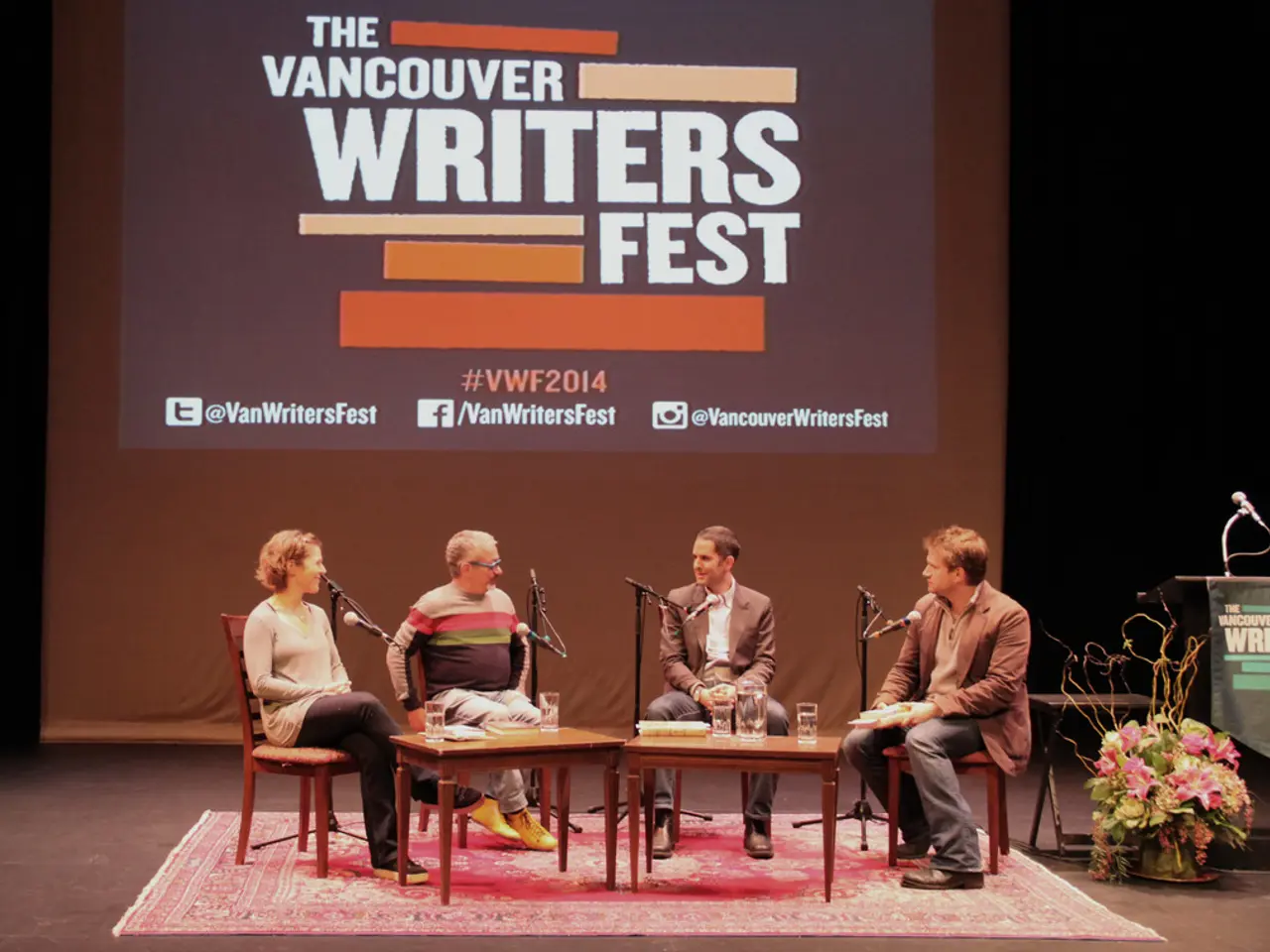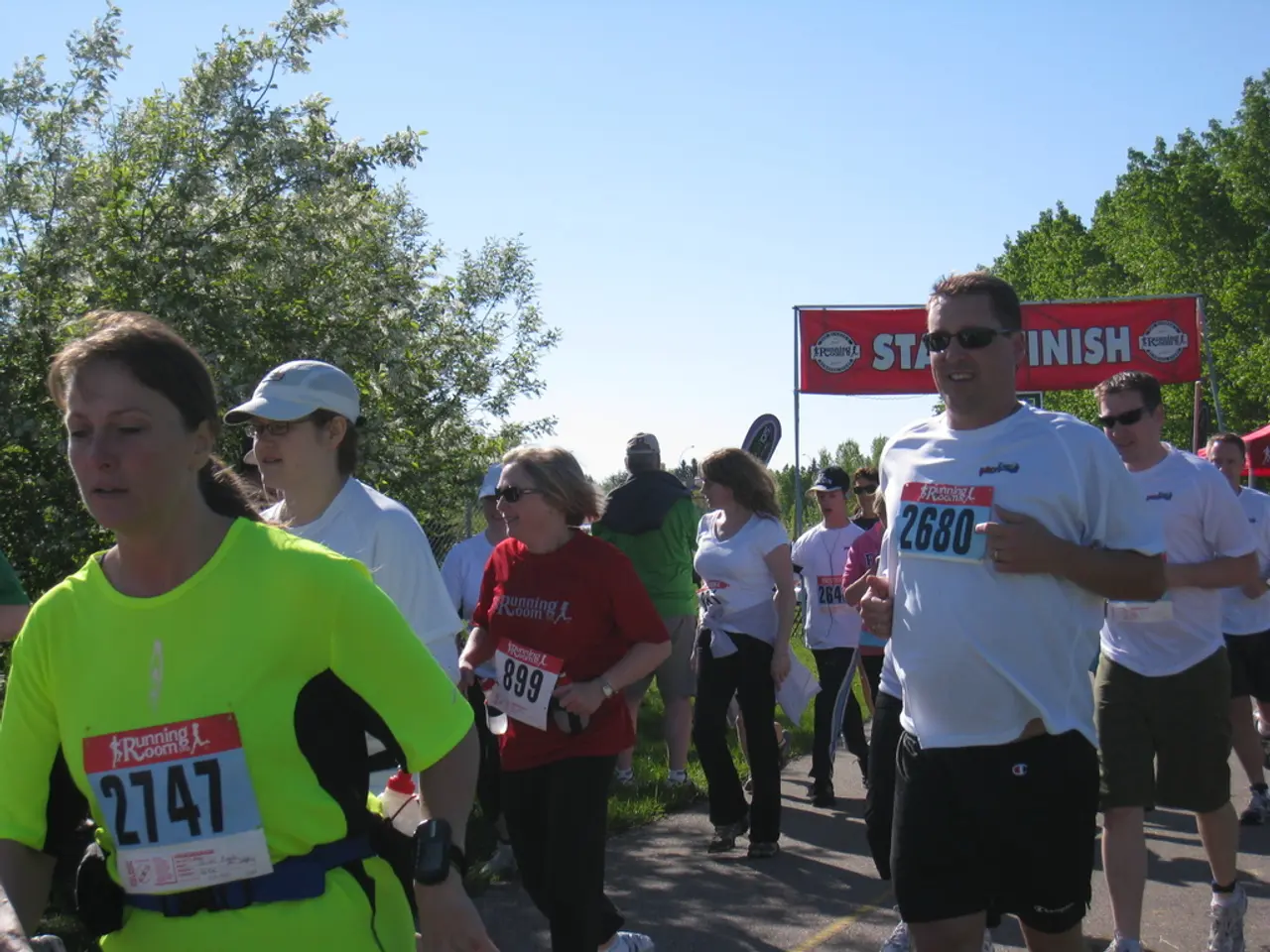Political Groups Encourage Citizens to Take Part in Election Campaign Intensification Prior to Upcoming Municipal Voting
Venezuela's Municipal Elections of 2025: PSUV and GPP Secure Dominant Majority
Venezuela's municipal elections, held on July 27, 2025, saw the ruling United Socialist Party of Venezuela (PSUV) and its allied coalition, the Great Patriotic Pole (GPP), secure a dominant majority. The elections, which involved electing 335 mayors and 2,471 municipal councilors, resulted in approximately 285 victories for the ruling party [1][3][4].
The elections marked a significant consolidation of power for the PSUV following the contested 2024 presidential election. Notably, voter turnout was around 29-44%, notably lower than previous municipal elections [3][4].
Key municipalities featured campaigns marked by decisive efforts from both Chavista and opposition forces. In Caracas' Libertador municipality, a Chavismo stronghold since 2000, incumbent mayor Carmen Meléndez sought re-election. The ruling coalition held firm there, with large campaign rallies leading up to election day, reflecting the strategic importance of retaining control in Caracas’ western areas [2].
Chacao and Sucre, municipalities within Caracas traditionally held by opposition groups, remained strongholds for anti-government forces. Despite the overall pro-government sweep, opposition groups managed to retain these seats [3].
In other important urban areas such as Maracaibo (Zulia state), Iribarren (Lara state), and Diego Bautista Urbaneja (Anzoátegui), the PSUV-led alliances similarly dominated, with pro-government candidates winning majorities in mayoral offices and municipal councils. These victories reflect the ruling party's expansion beyond their traditional bases into diverse regions [1][3][4].
Campaigns concluded on July 26 with widespread rallies by the ruling coalition, encouraging voter participation to cement gains in municipal governance. The opposition's Democratic Unitary Platform had partially boycotted the election as a coalition but saw some anti-Chavista incumbents contest seats individually.
The elections reinforced the PSUV/GPP’s control over local institutions, completing a cycle of electoral victories since 2024, despite ongoing opposition allegations of fraud and calls for detailed transparency in vote reporting [1][2][3][4].
Key contests are expected in Iribarren municipality, home to Barquisimeto city, in Lara state. Anti-government groups are betting on veteran politician Henri Falcón in his bid to win the Iribarren mayoral race. In the Diego Bautista Urbaneja municipality, a seat traditionally held by the opposition, Katiuska Homsi is running, backed by pro-government forces [1].
Sunday's municipal vote is the culmination of Venezuela's electoral cycle, following the presidential election and recent legislative and regional races. The GPP aims to complete the renewal of all public institutions with the municipal elections [1]. The elections took place at over 15,000 polling stations nationwide.
The results of Venezuela's municipal elections in 2025, marked by a dominant majority for the ruling PSUV and GPP, could potentially affect future migration patterns, depending on the policies and legislation implemented by the victorious parties. The播oust of power consolidated by the PSUV could trigger debates in politics and general news regarding war-and-conflicts, particularly in light of the ongoing opposition allegations of fraud. In the Iribarren municipality, a key contest is expected between Henri Falcón and Katiuska Homsi, with the former being a veteran politician backed by anti-government forces, raising questions about the future political landscape of the area.
